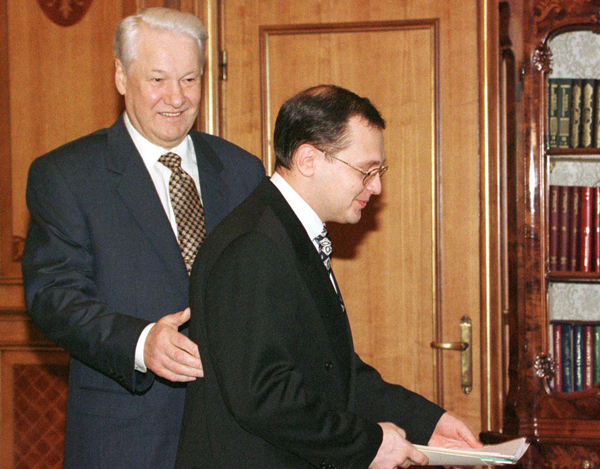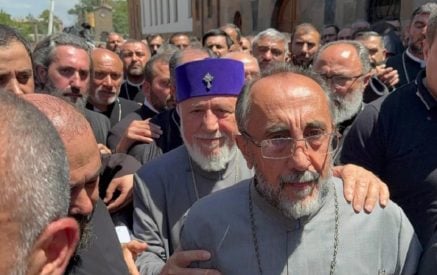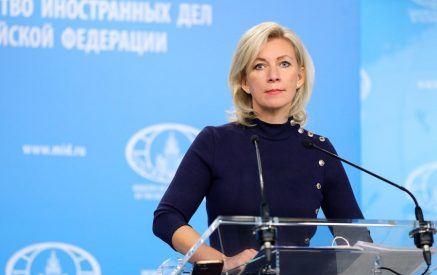On August 17, 1998, the Prime Minister of Russia Sergey Kiriyenko’s Government, receiving a refusal from the International Monetary Fund to issue the next loan, which was to be used for the payment of the state bonds, announced a default of domestic debt, in simple words, declared itself bankrupt. A week later, the President of Russia Yeltsin dismissed the government of 36-year-old (a “kinder – surprise”) Prime Minister and justified what statesman should be at the head of the executive power. “A political weightlifter is necessary,” said the President of Russian Federation. According to Yeltsin, such “weightlifter” was Victor Chernomyrdin who had previously worked as a Prime Minister. However, the actual founder of “Gazprom” had problems with the Communists constituting the majority in the Duma, and his candidacy twice failed. Yeltsin’s choice stopped on the then Foreign Minister Yevgeny Primakov who was a a compromise figure for the President’s team and the communists. In fact, over one and a half years, 5 Prime Ministers were changed in Russia, starting from Chernomyrdin up to Putin, and many people were thinking that it was reflecting the search for Yeltsin’s successor. Who understood better of the economy: Kiriyenko or Primakov?
Probably, the first one. But, without political support, Kiriyenko, no matter how educated he was, he could do nothing and had become a very convenient target for all parties, including a part of the government. In addition, the post-Soviet countries like Russia and Armenia, it’s better not to utter a word about reforms (or “improvements”). The majority of residents immediately think on Gaidar, Chubays, “neoliberalism”, adverse events imposed by the “western dark forces”, duplication “improper to our temperament and national thinking” and so on. It is better to say that you are «крепкий хозяйственник» (a skilled economic manager), now you will take the hammer or “sledgehammer” and what “woe-reformers” had ruined you will correct in a few days, you would shout at whom you want, you will find a common language with whom you want, when it is necessary you will strike your fist on the table to spread dread around and make them fulfill your orders silently. Of course, if the talks about the “reformer” and the “economic manager” are greatly myths, the human character, inclinations, education, experience, and the rest do not even play 10 percent of the role in terms of efficient management. But as a tactical move, replacing the “reformer” with the “skilled economic manager” can play a positive role and be effective. Yevgeny Primakov, of course, was not an “economic manager”, however, he was not a deniable figure for both, the communists, the “reformers”, and the “Democrats”, and he was able to somehow fix Russia’s economic situation not thanks to his knowledge of economics, but his “political weight”. Of course, there are a group of readers, who must decide who is good or bad in this story: Yeltsin, Kiriyenko, or Primakov. But in politics, as far as I understand, it is desirable to be refrained from giving assessments. I just wanted to remind you before the appointment of a new prime minister what were the reasons for the change of the prime minister in Russia.
Aram ABRAHAMYAN


























































